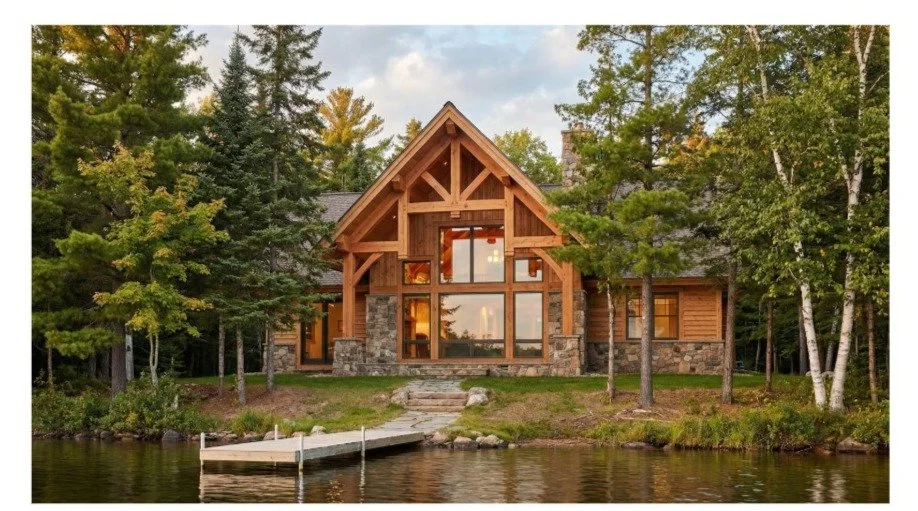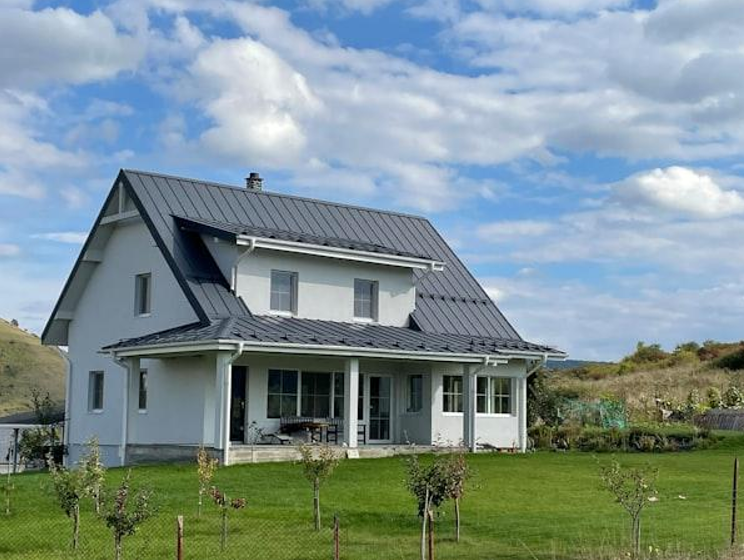Selling a Home in Probate in Wisconsin: A Step-by-Step Guide
Dealing with the passing of a loved one is already tough. Add the legal process of probate into the mix, if a home is involved and things can quickly feel overwhelming. If you've found yourself in this situation, you're not alone. Selling a home during probate in Wisconsin involves specific steps, but with the right knowledge, it doesn’t have to be stressful. Here’s your go-to guide to understanding the probate home sale process in Wisconsin: step by step, without the legal jargon.
What is Probate Anyway?
Probate is the legal process where a deceased person’s assets are distributed under court supervision. If your loved one had a will, the court confirms its validity and ensures the instructions are followed. If they didn’t have a will, the court follows Wisconsin's intestate succession laws to determine how the estate is divided. Houses often make up a significant portion of an estate, so when there’s a home involved, the probate court plays a role in approving its sale even if everyone agrees on what to do with it.
Does the House Have to Go Through Probate?
In many cases, yes. If the home was solely in the deceased’s name and not part of a trust or joint ownership, it’ll likely go through probate. However, if the house was jointly owned with rights of survivorship, the surviving owner usually inherits it directly bypassing probate entirely. Transfer-on-death deeds, also called TOD deeds, are another exception. If your loved one used a TOD deed, the house automatically transfers to the named beneficiary, and you can skip the probate process altogether for that property.
Appointing a Personal Representative (Executor)
Before any sale happens, someone must be in charge of managing the estate. This person is called the personal representative (or executor). If the deceased named someone in their will, the court will usually appoint that person. If not, the court assigns someone usually a close family member.
The personal representative is responsible for managing the estate, including:
Filing court documents
Paying debts and taxes
Managing assets, including real estate
Distributing what's left to heirs
If you're this person, you’re the one who’ll initiate and oversee the home sale.
Getting the Home Appraised
Once you're officially appointed as personal representative, the next step is to figure out how much the home is worth. A certified appraiser will assess the property and provide a fair market value. This valuation is crucial, it helps determine whether the home should be sold, how much it could sell for, and how the assets will be distributed. The court might require this appraisal before approving the sale, so don’t skip it.
Filing the Petition to Sell
In Wisconsin, the personal representative usually needs court approval to sell a home in probate, unless the will gives them specific authority to do so.
To get that approval, you'll file a petition with the probate court requesting permission to sell the property. You’ll need to explain why the sale is necessary maybe to pay off debts, divide the estate fairly, or because the heirs agree it's the best move.
Once the court grants permission, you're good to list the home for sale.
Listing the Home and Choosing a Buyer
With court approval in hand, the real work begins. It's time to list the home.
This is where working with a real estate professional who understands probate sales can be extremely helpful. They'll help with pricing, staging, marketing, and negotiating offers all while keeping probate laws in mind.
Once you get an offer, you may need to get court approval again, depending on the circumstances and how the will was written. If no one objects and the offer is reasonable, the court usually gives the green light pretty quickly.
Closing the Sale
After the offer is accepted and approved, you'll move toward closing just like any other real estate transaction but with a few more legal documents to sign.
The proceeds from the sale go into the estate account. From there, they'll be used to:
Pay off any remaining debts
Cover taxes
Distribute the remainder to the heirs or beneficiaries
Keep good records of everything. You'll need to submit a final accounting to the court to officially close out the estate.
What If There’s a Dispute?
Probate sales are generally smooth when everyone agrees on the plan. But if there’s a disagreement say, one heir wants to keep the house while another wants to sell the court may get involved to resolve it.
In these cases, the personal representative's job is even more important. You’ll need to communicate clearly, stick to your legal responsibilities, and sometimes make tough calls. Mediation or legal assistance might be needed to reach a fair resolution.
Professional Help Can Make a Huge Difference
Selling a probate home isn’t something most people do often, it’s a one-time event for many families. That’s why working with professionals who know the ins and outs of probate sales in Wisconsin can save you a lot of time and stress.
Real estate agents with probate experience, attorneys who handle estate law, and even companies like Stillwater Properties, who specialize in purchasing probate homes directly can all be valuable resources during this process. Especially if you're trying to move quickly or avoid dealing with repairs and showings, these experts can streamline everything.
You’ve Got This
Yes, probate can seem complicated. But when you break it down into steps appoint a representative, get the house appraised, file to sell, list the home, and close the sale, it becomes much more manageable.
With patience, the right guidance, and a clear plan, selling a home in probate in Wisconsin is doable. Whether you handle it solo or bring in some backup, you'll get through it and help honor your loved one’s legacy along the way.







